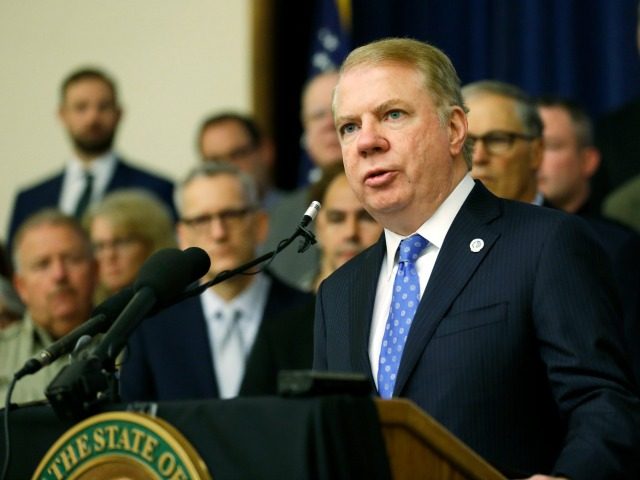Officials in Seattle approved the nation’s first “safe-injection” sites for illegal drug users Friday.
The sites offer illegal drug users clean needles, medical supervision, and quick access to drugs that reverse the effects of an overdose, the Washington Post reported.
Sites like those approved for Seattle have been popular in Europe for a long time, and the idea is spreading to other cities in the United States such as Boston, New York City, and Ithaca, New York.
Opponents of the new sites say that they only promote illegal drug use while supporters say the sites help keep people alive and can put those who are addicted on the path to treatment.
“These sites save lives and that is our goal in Seattle/King County,” Seattle Mayor Ed Murray said in a statement.
Kelly Dineen, a professor of health law at Saint Louis University School of Law, says the sites are illegal under federal law because the Controlled Substances Act makes it illegal to operate facilities where drugs are used.
The King County Board of Health voted unanimously earlier this month to approve two sites, one in Seattle and the other in the surrounding county. Murray and King County Executive Dow Constantine gave the final approval Friday.
In 2015, 132 people died of heroin overdoses in King County, according to the University of Washington’s Alcohol and Drug Abuse Institute. Nationwide, 33,000 people died from opioid overdoses in 2015, according to the CDC.
Officials hope to open up the Seattle site within a year, and both sites will be aimed at homeless drug users and will focus on giving these people health services and ultimately drug treatment.
“The real goal is not to open a day spa where people can come in and have a good time and use drugs, but to engage them in treatment,” Jeff Duchin, the health officer for Seattle and King County, said. “They inject in a place where there’s a health-care worker who can save their lives if they overdose.”

COMMENTS
Please let us know if you're having issues with commenting.